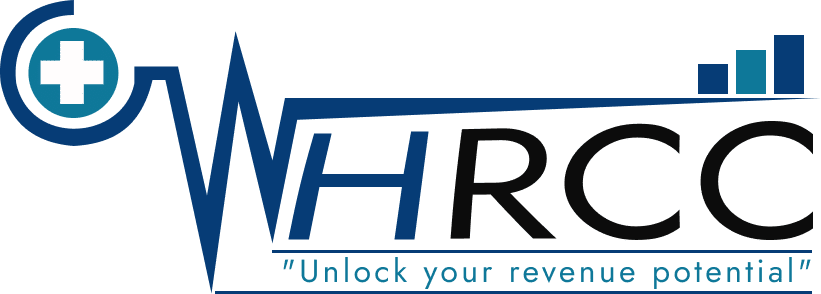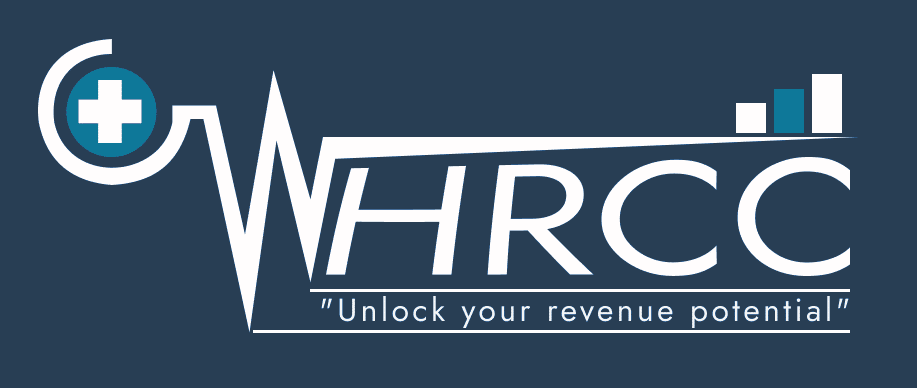Introduction:
In the rapidly evolving landscape of healthcare, data analytics is playing a vital role in optimizing revenue cycle management (RCM) processes. By harnessing the power of data, healthcare organizations can uncover valuable insights, identify bottlenecks, and make informed decisions to improve financial performance. In this article, we explore the benefits of leveraging data analytics in revenue cycle optimization and how it is transforming the healthcare industry.
-
Maximizing Efficiency through Data-Driven Decision-Making:
Data analytics empowers healthcare organizations to make data-driven decisions when it comes to revenue cycle optimization. By analyzing vast amounts of data from various sources, such as claims, payments, denials, and patient demographics, organizations can identify patterns and trends that impact revenue cycle efficiency. With these insights, they can proactively address bottlenecks, streamline processes, and allocate resources effectively, resulting in improved operational efficiency and financial performance.
-
Enhancing Claims Management and Denial Prevention:
One of the critical aspects of revenue cycle management is claims management. Data analytics enables organizations to gain a comprehensive view of their claims data, allowing them to identify common errors, coding issues, and documentation gaps that lead to claim denials. By analyzing historical claims data, organizations can implement corrective measures, train staff, and optimize coding practices to reduce denials and improve reimbursement rates. Real-time analytics can also alert revenue cycle teams to potential denial risks, allowing for proactive intervention and resolution.
-
Optimizing Pricing and Contract Negotiations:
Data analytics provides valuable insights into pricing and contract negotiations, helping healthcare organizations optimize their financial agreements with payers. By analyzing reimbursement rates, contract terms, and performance metrics, organizations can negotiate contracts that align with their financial goals and maximize revenue potential. Advanced analytics can also simulate various pricing scenarios and evaluate their impact on financial outcomes, enabling organizations to make informed decisions when setting prices and negotiating contracts.
-
Predictive Analytics for Revenue Forecasting:
Predictive analytics is revolutionizing revenue cycle management by enabling organizations to forecast future revenue trends accurately. By leveraging historical data, payer behavior, patient demographics, and industry benchmarks, predictive models can project revenue patterns, identify potential revenue risks, and optimize revenue cycle strategies accordingly. This empowers organizations to anticipate cash flow, plan budgets, and make strategic decisions that ensure financial stability and growth.
-
Enhancing Patient Financial Experience:
Data analytics not only improves financial performance but also enhances the patient financial experience. By analyzing patient data, such as demographics, insurance coverage, and billing history, organizations can personalize financial communications, offer transparent cost estimates, and facilitate convenient payment options. Understanding patient preferences and financial behaviors through data analytics allows organizations to provide a seamless and patient-centric billing experience, leading to increased patient satisfaction and loyalty.
Conclusion:
Data analytics is a game-changer in revenue cycle optimization, providing healthcare organizations with actionable insights to enhance financial performance. By leveraging data-driven decision-making, optimizing claims management, and utilizing predictive analytics, organizations can streamline operations, reduce denials, optimize pricing, and improve the patient financial experience. Embracing data analytics is essential for healthcare organizations seeking to thrive in an increasingly data-centric and competitive landscape, ultimately leading to enhanced financial outcomes and long-term success.







